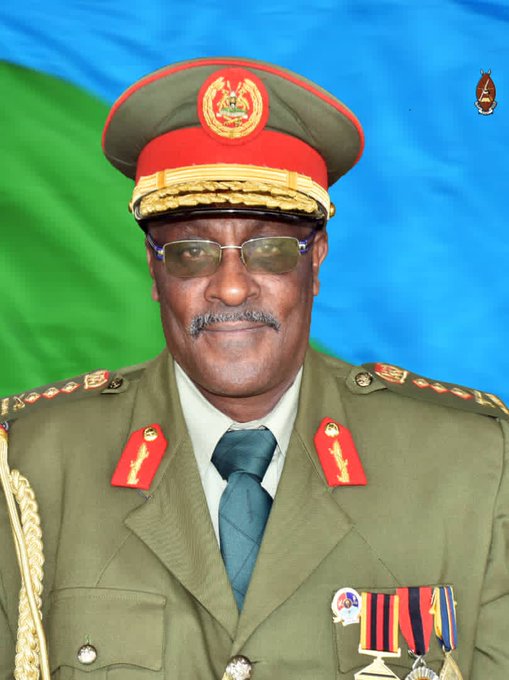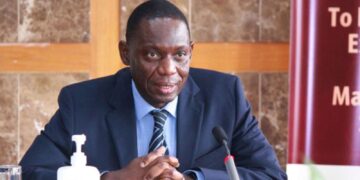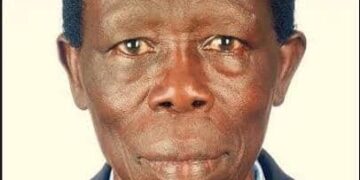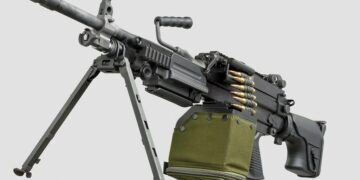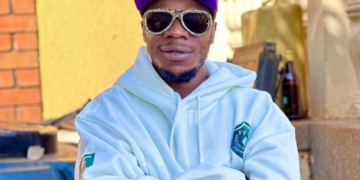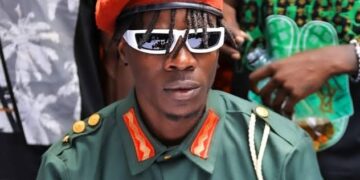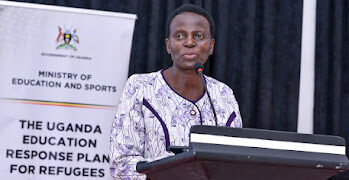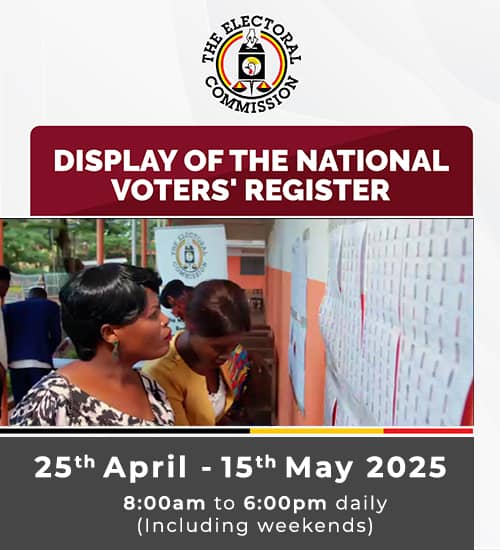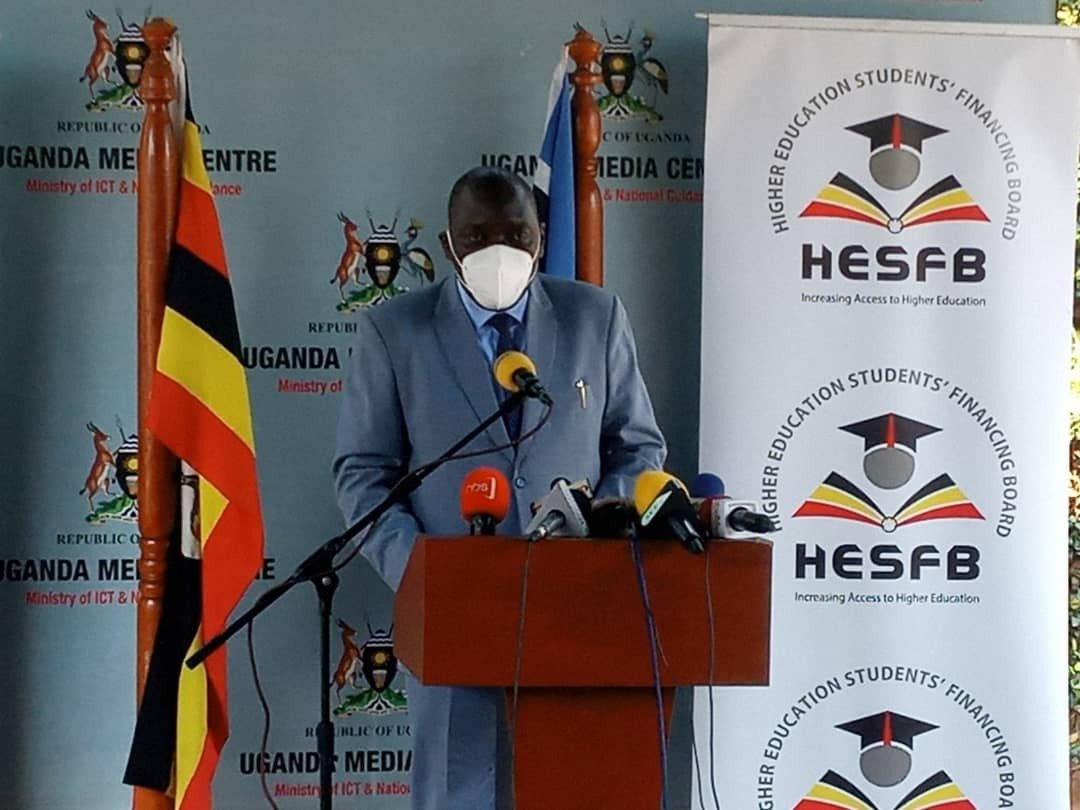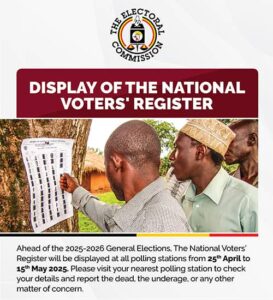All this happened in February 1981, a few months after a general election in Uganda, much regarded as a major turning point in the country’s political future. In his book; Uganda’s Revolution 1979-1986 How I saw it Lt Gen Pecos Kutesa speaks about his escape from Nakasongola Army Barracks where he had been posted during the fragile process by the UPC Government to amalgamate several armed groups into a national army following the 1979 ouster of President Idi Amin.
“The poor excuse for a general election of 1980 passed and real work began” –Kutesa writes and goes on; The UPC government, with it’s Kikosi Maalum faction of the national army, with the Tanzanian’s blessing, started to consolidate itself. The rest of the country was in an uproar. The deadly hunt for political opponents intensified. Unruly soldiers gunned down many prominent people, while others had to flee back to the very exile from which they had returned following the fall of Idi Amin.
“The whole country was in turmoil! More than 20 groups declared war against the UPC regime as well as many able-bodied young men started looking for one group or other to identify with. On 6 February 1981, a group led by Museveni attacked Kabamba Training School, adding to the confusion in the country. At this time, I was being monitored and kept looking for the best way to desert.” Pecos wrote
The struggle within the Uganda National Liberation Army (UNLA) intensified. Any officer or man identified as a FRONASA supporter was marked. Being a member of the FRONASA group, Pecos says he knew he was not safe until later when they came for him.
“On 21 February I had just come from the roadblock where I was commanding a platoon of Tanzanian soldiers when a regiment signal officer came running to me. This young man, Sergent Emilio, had received a message from General headquarters addressed to the administrative officer, Kabamaba Training Wing. The message, both in Kiswahili and English, read: C.O NAKASONGOLA TRAINING WING. INFO ALL UNITS DO215 2nd LT KUTESA O PECOS SHOULD BE ARRESTED AND BROUGHT TO GHQS UNDER GUARD///. INFO ALL UNITS
The young signaler gave me the message book to read and told me that he was going to take it to the commander in two hours, so I had better find a solution pretty fast. This young man was from Soroti, Eastern Uganda. He may not have shared the same political views but as a comrade he felt obliged to help me, and in that respect I owe him my life. Most of the officers and men who were the subject of such messages are now dead. Only a few exceptions such as Salim Saleh and others, managed to escape from UNLA prisons. Most of the rest never lived to tell the tale.
I had just had a bath and I was relaxing on my bed with only a towel wrapped around my waist when I received that message. I thought very fast. I put on my uniform and holstered my pistol immediately, packed a shirt, a pair of trousers and a pair of civilian shoes in my briefcase, walked around the room and saw nothing else worth taking except a James Hardly chase novel that I had not read. I left my room, and did not even bother to close the door. I deserted the army.
The fact that I was deserting my post did not bother me. I had no sense of belonging and no regrets. I moved at leisure across the barracks, up the hill and through the small gate up to the murram road, up to Lwampanga fish landing site where I boarded the first Peugeot 504 pick-up truck going to Kampala. All the drivers knew me as a regular traveler to and from Kampala so there was no problem.
Pecos speaks about his journey to Kampala as one that was eventful and without a glitch. Even at a roadblock at Nakasongola junction manned by Tanzanian soldiers, he was saluted. Soon he was in Bwaise where he changed clothes again. That day, I became a deserter from the army and a fugitive. Instead of being afraid or feeling remorse, I felt exhilarated. At least I was going to do something for my country instead of belonging to a group. The UNLA that I abhorred and held in contempt because of what they were doing. I set out to find the alternative.
The day Kabamba was attacked, I had started seeing myself as a group affiliated with the former Uganda Army or Amin’s people as we called them. I did not know whose side I would take if armed Ugandans unhappy with the government attacked my unit. Now the opportunity had presented itself to me. I was now a free person to join whatever group I chose, provided it was anti-government. There were quite a number of options. However, my heart still belonged with FRONASA.
Although I had not voted in the elections and the Democratic Party (DP) had a large following as a party because of their religious affiliation, most of us knew that the future of Uganda lay in the hands of those who held guns. Few of us were politically conscious as the politically people of those days described us. Nobody was concerned about the GDP, GNP and all those high sounding economic terms. To some of us, even words like democracy did not mean much. However, what we had in common was anger about what we saw as a threat to our people.
We did not need any political brainwashing, something that most people think rebels need. We were not after pay, since we had left salaries and the comfort of towns and barracks behind. Our major motivation was survival. The most effective means of surviving was to get rid of the threat to our lives. In military terms, the best form of defense is offense. We were in the offensive mood.
The chief campaign manager and mobilizer for the anti-UPC regime was UPC itself. There was no need for anybody to tell us to hate the regime nor was there need to tell the peasant population to hate UPC. The in-built ethnic, religious, regional and language differences, as well as the brutal actions of the UNLA, forced people to rebel. In fact, the name resistance signifies the anatomy of rebellion. Ugandan society was rebelling against the status quo or what Commonwealth observers called “a fair poll given the circumstances”. What these observers did not address were the “circumstances” and we were the result of those circumstances.
Pecos, then a deserter from the government forces UNLA is “a free man but a fugitive” is in Kampala and set to join the rebel group under Museveni. But he engaged into clandestine operations before he joined FRONASSA comrades in the bush. These were high risk missions; terror attacks on key government facilities, assassination attempts etc. More in tomorrow’s edition. RIP LT. GEN PECOS KUTESA.
To advertise on this website, please call 0701609906 or send mail to prince.apol@yahoo.com
